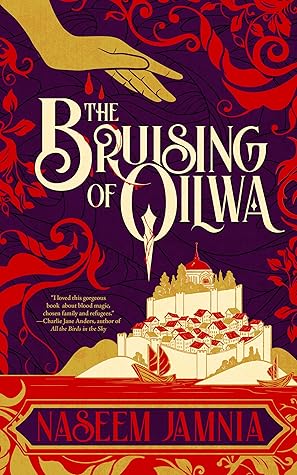More on this book
Community
Kindle Notes & Highlights
Did everyone in this place present themselves with only their names? How could someone look at you and assume what you wanted to be called, in a language that designated distinctions?
She also once told Firuz she worked with the dead because she wanted to avoid dealing with the complaints of the living.
The clinic—they could do more good there than sharing what few resources they had. They had to justify it to themself this way or risk the guilt consuming them, a disease of its own.
Blood would always tell,
“That’s sad,” she murmured. “Killing something so another can grow.”
How to compel an eager, talented girl into accepting they were still fumbling with all of this—how to teach, and how to be halfway competent at it?
Any machine, with enough use, broke down. A body was a complex machine fitting together thousands, if not millions, of parts; too much pressure on any one could cause a malfunction that collapsed the whole thing. A spell targeting blood, which reached every tissue, every organ—such a spell could do untold damage.
Magic is mostly a working of the will,
What did it mean to belong to a people who had once subjugated another before becoming subjugated themselves?
The more one fathomed a thing, the more one could control it. Magic is mostly a working of the will.
what would it mean to use a dying individual to build hope for the living?
Blood magic was as much a death sentence as it was a potential gift, dooming more than the user, should a mishap arise.
So much hope. So much potential. So much room for error, with an entire city at stake.
“Firuz-jan, you cannot appreciate the dangers a tool possesses unless you are hurt by it. Only then can you learn how to use it properly to prevent such pain. How else can we promise the world we pose no threat?”
But Firuz did believe in the science that was magic, and that would have to be enough.
The mucking dangers of untrained blood magic.


